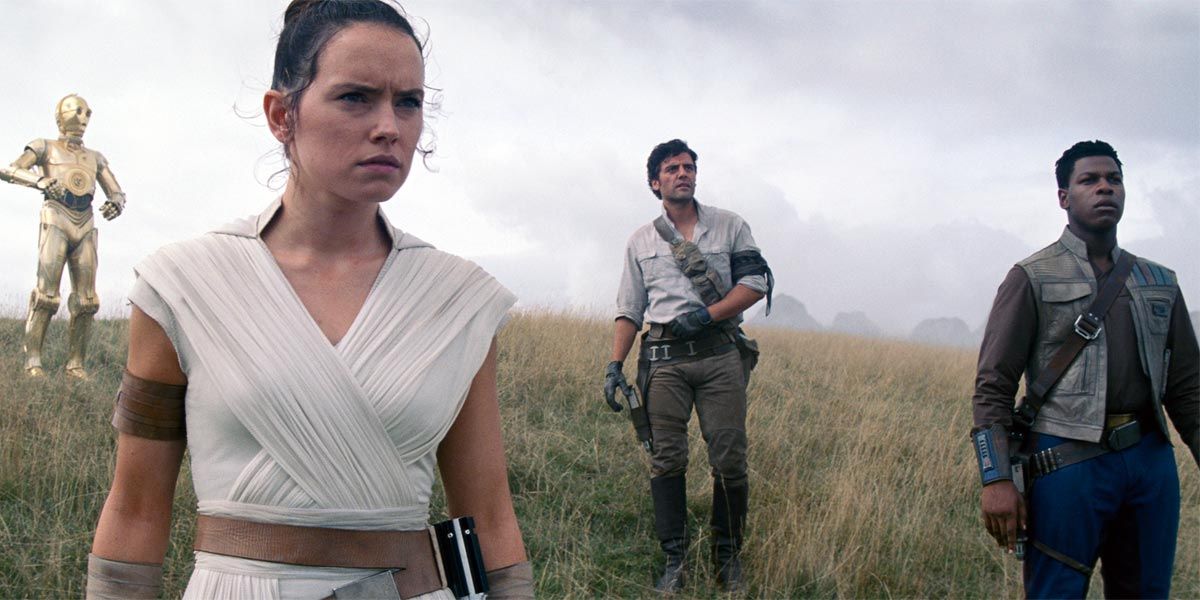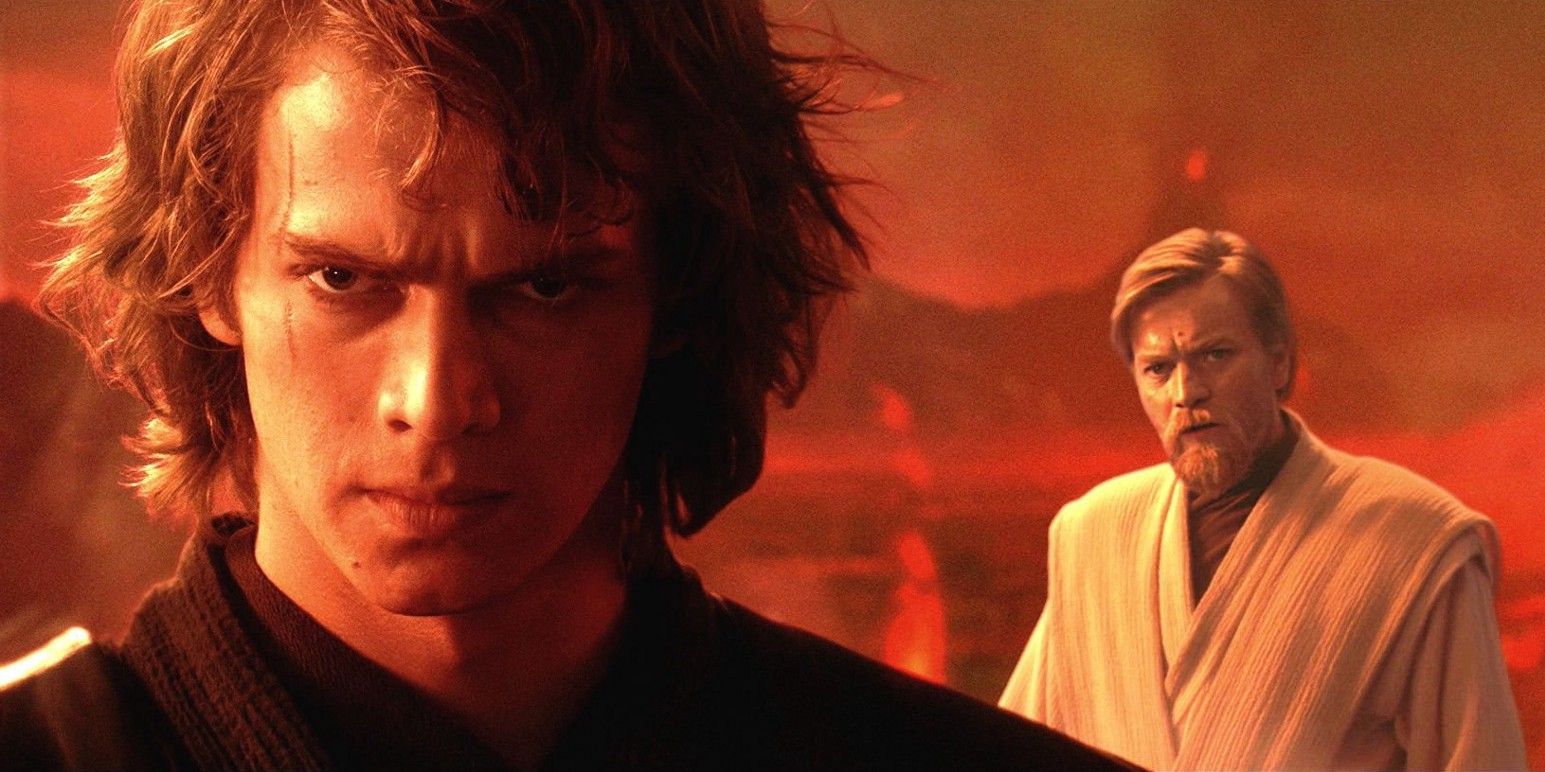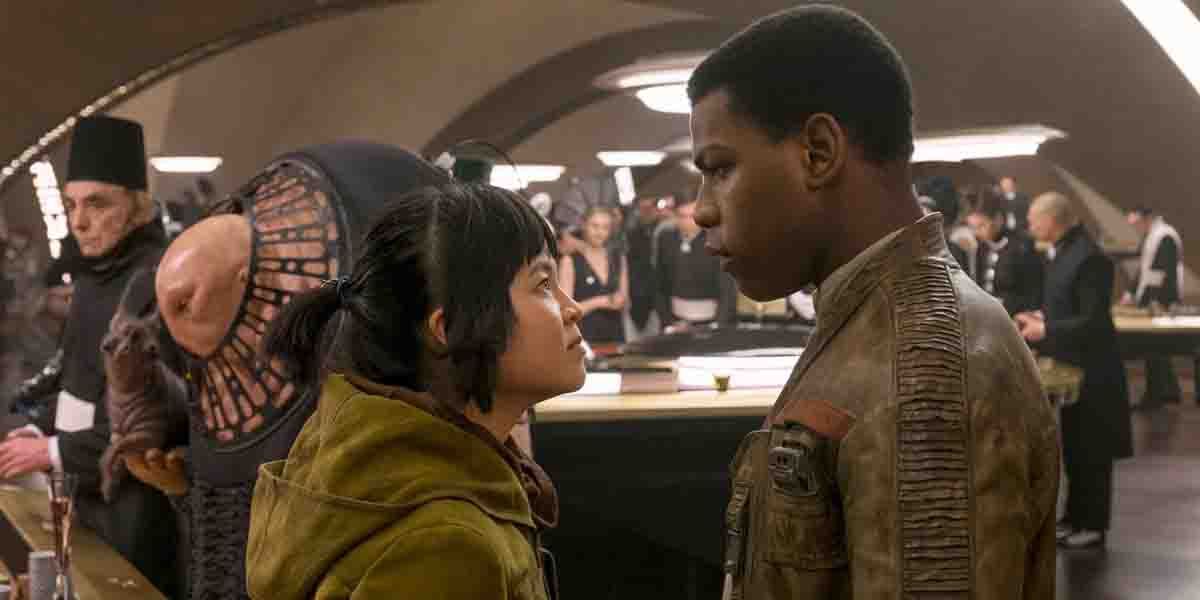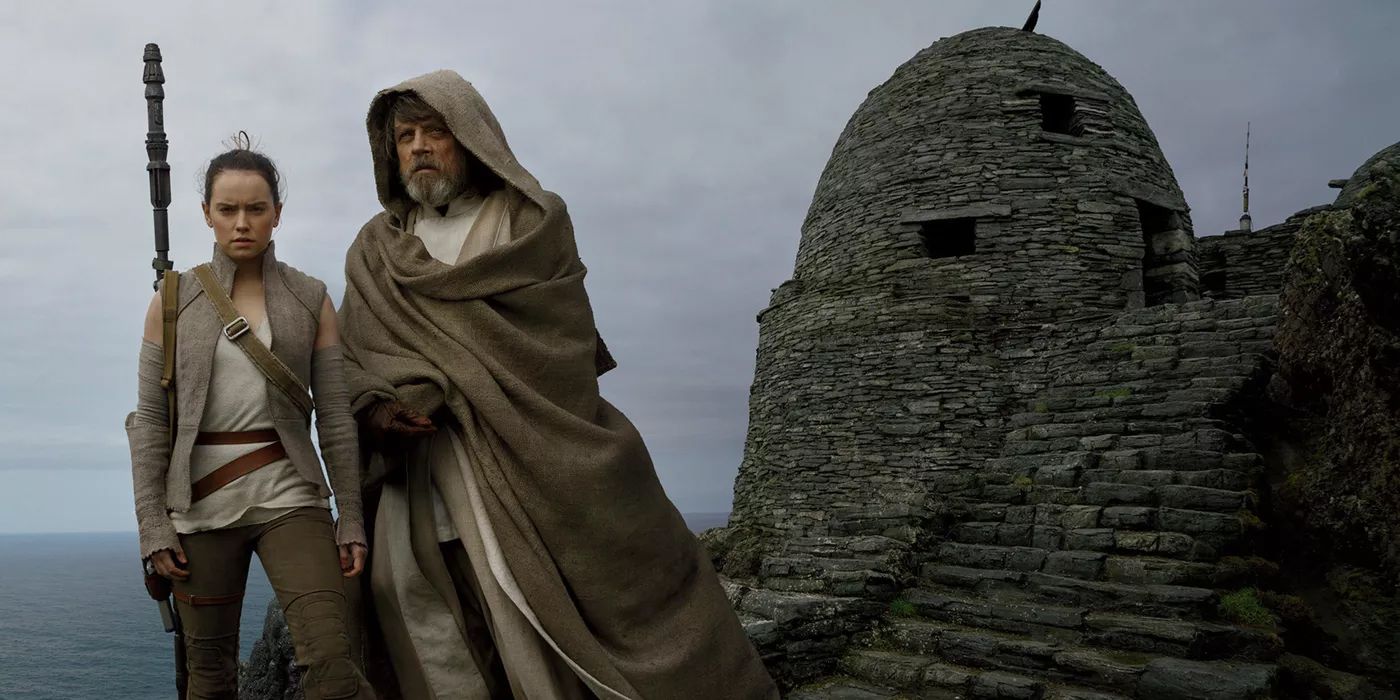WARNING: The following article contains spoilers for Star Wars: The Rise of Skywalker, in theaters now.
There are many legitimate reasons for not liking the recent Star Wars sequel trilogy. How you feel about a story is a matter of taste. The Star Wars franchise has existed for more than 40 years, and it means different things to different people. Therefore, any new installment is virtually guaranteed to face criticism, because it's impossible to please everyone. Where Star Wars fans run into problems, however, is in their extreme reactions to the new films.
Fans lash out, not because the movies didn’t suit their personal tastes, but because they offend their sense of identity. From review-bombing to outright hate speech, the negativity swirling around Star Wars isn't coming from objectively bad filmmaking, it’s coming from the fans themselves.
The majority of Star Wars fans have long agreed the original trilogy is excellent. Since then, there have been prequels, sequels and spinoffs. While a significant portion of the audience finds common ground in the view that the prequels -- The Phantom Menace, Attack of the Clones and Revenge of the Sith -- are disappointing, there are many fans who love them. However, both of those previous trilogies were released at a time before the ubiquity of social media. As a result, most audience backlash was relegated to, first, fanzines, and, later, online forums frequented, primarily, by other fans. In our modern age, however, everyone is connected and can instantly share their opinions with the world.
When looking at many of the criticisms of the sequel trilogy, a lot of unrest centers around what a fan thought or hoped would happen. Following the 2015 release of The Force Awakens, fans came together to theorize about a number of the film’s unresolved story threads, including Rey’s parentage, Snoke’s origin, and speculation regarding Rey and Kylo Ren’s perceived romance. After two years of furious debate, 2017's The Last Jedi revealed Rey’s parents were nobodies, unceremoniously killed Snoke, and didn't allow Reylo come to fruition. When the movie didn’t go the way they expected, a vocal contingent of fans became angry; they review-bombed sites like Rotten Tomatoes, harassed actors and filmmakers, and produced countless video essays chronicling the purported sins of The Last Jedi.
The Rise of Skywalker was similarly met with backlash, albeit largely from a different corner of fandom: those upset that Rey and Kylo's arc didn't culminate in romance. While Ben Solo found redemption (or "Bendemption"), he didn't survive the film.
Just like in virtually any fandom, when like-minded Star Wars devotees gather to share theories, likes and dislikes, it can create an echo chamber, in which they find their views reflected back upon them, and, thus, validated. Buoyed by a sense of entitlement, theories can morph into certainties. And when those expectations aren't met, some fans lash out.
Although such backlash isn't new to Star Wars; Jar Jar Binks actor Ahmed Best recalled that intense criticism of his reviled character from the prequel drove him to contemplate suicide. But it's certainly been magnified by social media. Actor Kelly Marie Tran was driven from Instagram by of harassment from fans who disliked her character Rose Tico, introduced in 2017's The Last Jedi. The film's writer and director, Rian Johnson, has famously sparred on Twitter with trolls, and even went so far as to delete 20,000 tweets, in hopes of depriving them of "ammunition." And star Daisy Ridley left social media in 2016, following the release of The Force Awakens, and has vowed never to return.
Heck, before The Force Awakens was even released, actor John Boyega drew racist criticism because his character, Finn, was a black stormtrooper. Now, with the release of The Rise of Skywalker, he's at the center of a social-media firestorm for a joke about Finn "laying the pipe" with Rey following Kylo's death.
There is a strong undercurrent of racism and sexism at the heart of these attacks. For some, the original Star Wars movies were about mostly white men doing amazing things. To have women or a black man in lead roles challenges their notions of what Star Wars is.
One could argue that those fans are simply voicing their “opinion” of a character or a screenplay. That argument is void, however, once a racial slur or sexist comment is uttered. Was Harrison Ford abused for agreeing to be in a movie where his character was killed off, and he failed to save his son? Was Luke Skywalker accused of being a Mary Sue when he was able to project himself across the galaxy and fight Kylo Ren?
Loving Star Wars is not a bad thing. Being disappointed when the thing you love changes into something else is understandable. It’s natural to feel some dissonance when a constant in your life suddenly shifts.
At the end of the day, however, fans don’t control who is cast in a movie, the story the writer decides to tell, or how we feel about it. The only thing we can control is our actions. Deciding to act in a way that shames someone, threatens someone’s safety or harms them in any way is unacceptable. These space fantasies about aliens and robots and magic didn’t force any fan to disrespect others. The fan made that choice.
Since 1977, Star Wars has delighted and inspired countless millions. The saga of that magical galaxy far, far away has touched the hearts of viewers from all walks of life. For a long time, women and people of color didn’t get to see themselves as part of that world. Now, they can sit in a theater, look up at the screen and see people like them being heroes and saving the universe from the kind of single-minded oppressors who may have tried to keep them down in their own lives. If that kind of representation -- or inability to accept story choices that weren't yours -- prevents you from enjoying the movie, Star Wars isn’t the problem.




